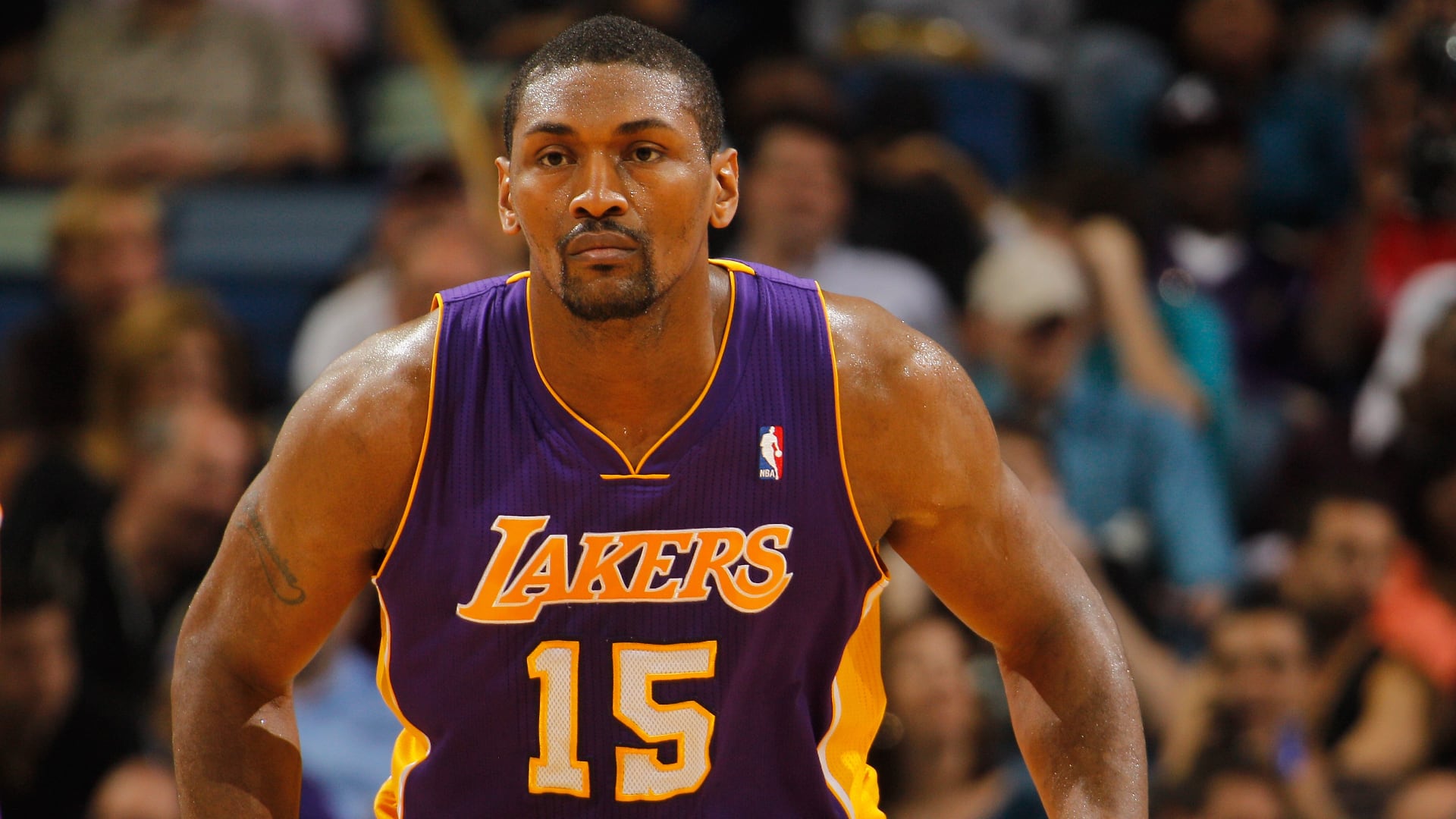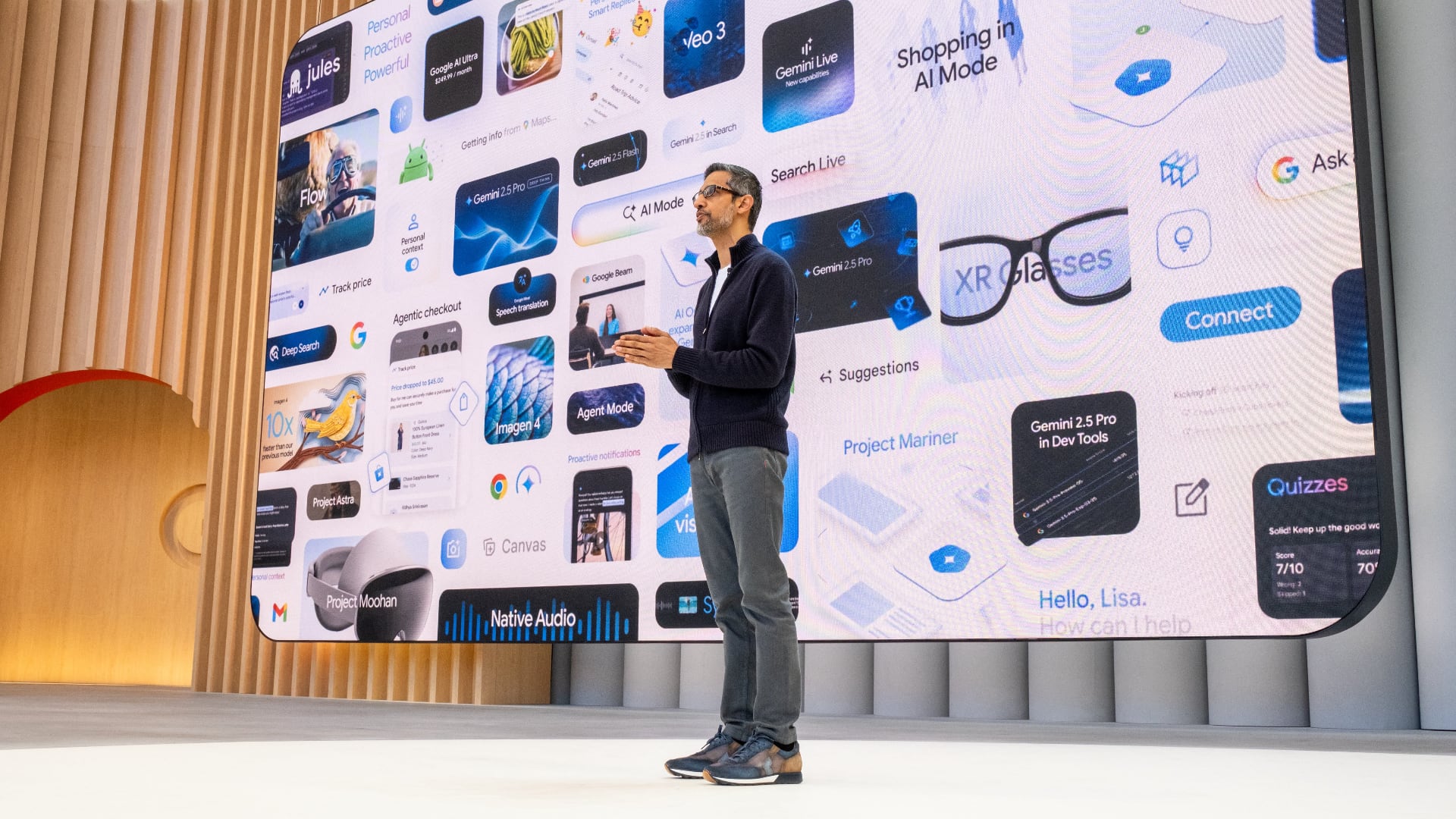AT&T has seen broadband and wireless usage surge 29 percent in one month, as remote workers and families stay at homes to abide by restrictions that have been ordered across the country.
Maintaining a high level of service, however, has meant a full-court press for the telecommunications giant.
“So far, we’ve seen massive spikes in traffic, but our AT&T network has been able to withstand that,” Jeff McElfresh, CEO of AT&T Communications, told Cheddar’s Hope King on Friday. “I think the bigger question is, as this pandemic persists, our customers and our employees and citizens of the U.S. are going to have to learn a different way of working, a different way of learning, and that means service providers like AT&T have to be thoughtful in how we adjust our service models.”
In part, that means keeping a large portion of its workforce in the field to maintain service.
The company has sent roughly 90,000 workers home to work remotely. Another 100,000 remain in the field, visiting customers’ houses, businesses, and institutions such as hospitals.
“These are our heroes. These are the individuals who are installing mission-critical services into hospitals,” McElfresh said.
AT&T is also working closely with FEMA and the CDC to maintain service to critical infrastructure, he added.
Less than 40 percent of AT&T retail locations are up and running, which is one area where McElfresh said the company has felt the impact of the pandemic.
“Customers actually need these outlets in order to get service,” he said.












